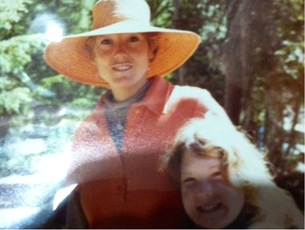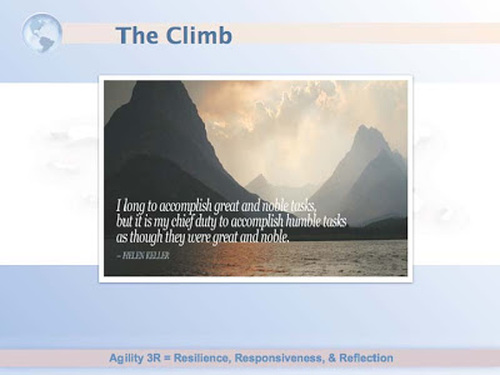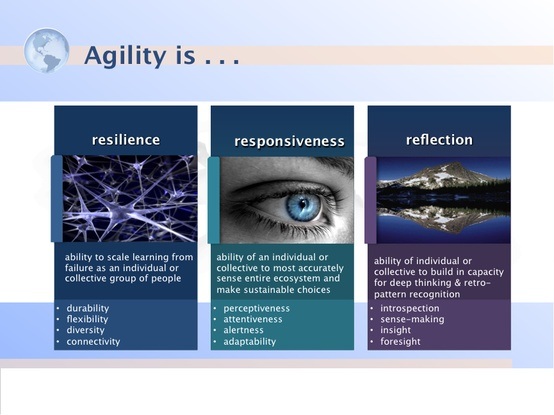 On a trip to Mt Zirkel Wilderness Area. I was 7.
On a trip to Mt Zirkel Wilderness Area. I was 7. The world breaks everyone and afterward many are strong in the broken places ~ Ernest Hemingway
I am a reconciliation of spirits. My father was a surgeon and my mother a painter and musician who played 12 instruments. My parents divorced when I was 10, which was a good thing. The separation helped relieve the constant tension between rational intellect and creative expression. At one point, you might think intellect would win, but in the end raw expression had more endurance. I say this as my mother has a dragon to slay called mental illness.
When my mother was younger, she didn’t always take her prescribed medication. As a result, she attempted suicide three times that I know of. I was very angry about her attempts. In fact, I can remember that at one point I even wished she would succeed, not because I was a cruel child, but because it was so hard to know whether, at any given time, she was stable or present or safe or alive. The anxiety of “not knowing” and constantly having to worry were very painful. Fearful as I was about my mother’s health, it turns out that my father, who had long been as stable as a rock and I might add as emotionally impenetrable, was killed in a car accident when he was just 44 years old. I was 24 at the time.
There’s a saying in Wyoming: “When the wind stops, the cows fall down.” I had no idea how much the force of my father’s presence was like the wind, or how much I was buoyed by my resistance to him. His death came as a complete shock. I had always thought my mother was the fragile one. I had no idea life would teach me otherwise.
Why am I writing this now? I am turning 44 this month and am facing the question that many people have already confronted “Will my life transcend my parents’ fate?” The occasion makes me reflect on what I learned from my childhood. Furthermore, unlike cancer survivors wearing a band to signify their strength, resilience, community and triumph, there is no such zeitgeist for those who struggling with mental illness. So with my birthday and Mother’s Day fast approaching, I felt it would be both cathartic and helpful to share how much I learned from my mother’s illness.
Here is what her dragon has taught me:
1) One’s core has nothing to do with money or things. Three times I know of during my childhood, my mother became homeless and lost everything she owned, including her paintings, photographs instruments and books. And three times she rebuilt her life. Because she provided such a strong beacon of being herself, regardless of her possessions, I have never worried about money or things for my fundamental survival.
2) Reality lies within, not without. As an eight-year-old child visiting my mother in the hospital, I would meet many patients who were a bit “out there.” Too young for shame, I could easily jump into fascinating conversations with people who were immersed in characters of their own creation. I remember the day, while sipping chocolate milk and getting ready to play another round of ping-pong with a woman patient, I said to myself, “All these people truly see the world differently. Let me put my mind down so I can go play in their world.” What a gift! It was years before I realized what many adults have yet to learn that reality is a perception.
3) Art can have its own unique resilience and endurance. My mother is now in her sixties, and she is thriving. She has a wonderful husband who ensures she takes her medicine and gets consistent care. They live a very modest, very meaningful life. When I see her now, I see a mirror. I see how much we look alike and I see how much my work draws upon creative expression as well as intellect.
In my thirties, as an executive coach, it was very important for me to work with “smart people.” Some of my motivation to work with smart people was fear. I would reason, “If smart successful people need my strategic help, that proves I am sane and intelligent, too.“ I am not proud that this was my motivation, and I have compassion for where those fears came from. Now, in my mid-forties, I no longer need that kind of validation and am able to acknowledge and embrace how insights come from both the grace of artistic expression and the intelligence offered by rational thought.
I have written this for myself. I have written this for my mother. I have written this for anyone struggling with the accidental shame and fear caused by the shadow of mental illness or their parent’s fate. I have learned so much from my mother’s dragon.
I am a reconciliation of spirits. My father was a surgeon and my mother a painter and musician who played 12 instruments. My parents divorced when I was 10, which was a good thing. The separation helped relieve the constant tension between rational intellect and creative expression. At one point, you might think intellect would win, but in the end raw expression had more endurance. I say this as my mother has a dragon to slay called mental illness.
When my mother was younger, she didn’t always take her prescribed medication. As a result, she attempted suicide three times that I know of. I was very angry about her attempts. In fact, I can remember that at one point I even wished she would succeed, not because I was a cruel child, but because it was so hard to know whether, at any given time, she was stable or present or safe or alive. The anxiety of “not knowing” and constantly having to worry were very painful. Fearful as I was about my mother’s health, it turns out that my father, who had long been as stable as a rock and I might add as emotionally impenetrable, was killed in a car accident when he was just 44 years old. I was 24 at the time.
There’s a saying in Wyoming: “When the wind stops, the cows fall down.” I had no idea how much the force of my father’s presence was like the wind, or how much I was buoyed by my resistance to him. His death came as a complete shock. I had always thought my mother was the fragile one. I had no idea life would teach me otherwise.
Why am I writing this now? I am turning 44 this month and am facing the question that many people have already confronted “Will my life transcend my parents’ fate?” The occasion makes me reflect on what I learned from my childhood. Furthermore, unlike cancer survivors wearing a band to signify their strength, resilience, community and triumph, there is no such zeitgeist for those who struggling with mental illness. So with my birthday and Mother’s Day fast approaching, I felt it would be both cathartic and helpful to share how much I learned from my mother’s illness.
Here is what her dragon has taught me:
1) One’s core has nothing to do with money or things. Three times I know of during my childhood, my mother became homeless and lost everything she owned, including her paintings, photographs instruments and books. And three times she rebuilt her life. Because she provided such a strong beacon of being herself, regardless of her possessions, I have never worried about money or things for my fundamental survival.
2) Reality lies within, not without. As an eight-year-old child visiting my mother in the hospital, I would meet many patients who were a bit “out there.” Too young for shame, I could easily jump into fascinating conversations with people who were immersed in characters of their own creation. I remember the day, while sipping chocolate milk and getting ready to play another round of ping-pong with a woman patient, I said to myself, “All these people truly see the world differently. Let me put my mind down so I can go play in their world.” What a gift! It was years before I realized what many adults have yet to learn that reality is a perception.
3) Art can have its own unique resilience and endurance. My mother is now in her sixties, and she is thriving. She has a wonderful husband who ensures she takes her medicine and gets consistent care. They live a very modest, very meaningful life. When I see her now, I see a mirror. I see how much we look alike and I see how much my work draws upon creative expression as well as intellect.
In my thirties, as an executive coach, it was very important for me to work with “smart people.” Some of my motivation to work with smart people was fear. I would reason, “If smart successful people need my strategic help, that proves I am sane and intelligent, too.“ I am not proud that this was my motivation, and I have compassion for where those fears came from. Now, in my mid-forties, I no longer need that kind of validation and am able to acknowledge and embrace how insights come from both the grace of artistic expression and the intelligence offered by rational thought.
I have written this for myself. I have written this for my mother. I have written this for anyone struggling with the accidental shame and fear caused by the shadow of mental illness or their parent’s fate. I have learned so much from my mother’s dragon.



 RSS Feed
RSS Feed